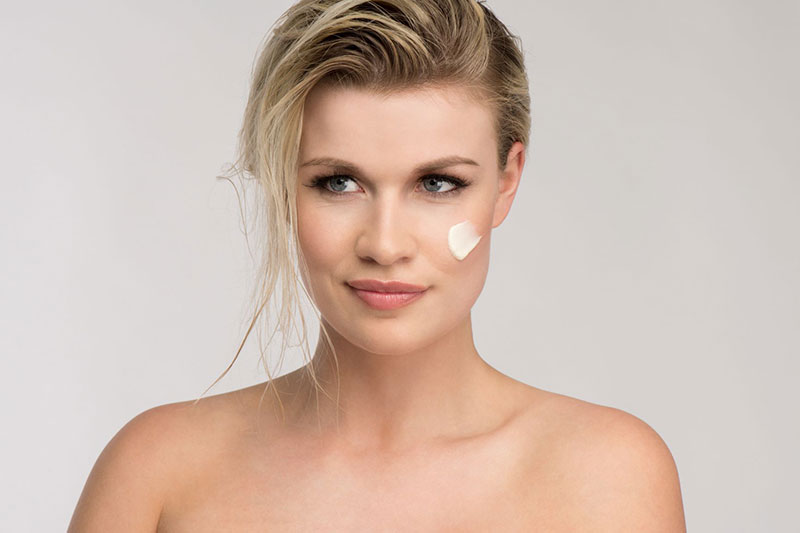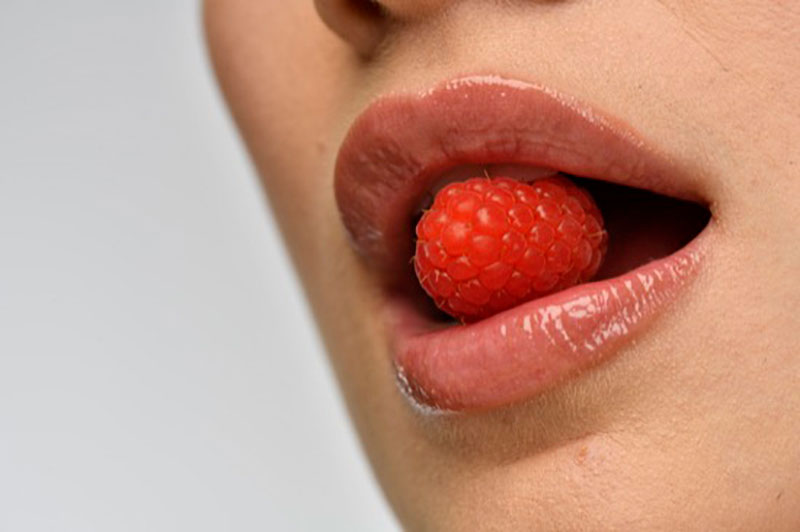Eczema – treat it quickly and efficiently

What is eczema?
Eczema is the collective name for a wide variety of skin conditions. Most forms of it are accompanied by itching and mostly there is also redness, flaking and even blistering. Young children and young adults in particular suffer from it, although everyone can get eczema. Quick treatment with the right product is important!
Eczema can occur almost anywhere on the body: from the scalp, knee cavities, feet to even the genitals and anus. Babies and young children more often have eczema on the face, scalp and behind the ears. This is called dewworm and is a form of atopic eczema (see below). With adults, eczema is seen more often on the feet, legs, hands and neck.
Forms of eczema
There are different types of eczema that differ in symptoms and complaints. Some of them are chronic, others only of short duration. The best known forms are:
- Atopic or constitutional eczema: this is a hereditary form of eczema and mainly occurs in the knee cavities and elbow folds.
- Dyshidrotic or acrovesicular eczema: a form of eczema on hands or feet that is accompanied by small blisters.
- Seborrhic eczema: a chronic form of eczema that occurs fairly frequently (in approximately 5% of the population).
- Contact eczema: form of eczema caused by contact with a substance, usually due to irritation and sometimes due to an allergy.
- Crackle eczema or asteatotic eczema: eczema with mainly dry flaking caused by dehydration. Mainly occurs to older people.
Cause of eczema
There is not one specific cause for eczema. It often comes by coincidence and therefore there is no clearly identifiable cause.
The reason for an eczema outbreak also varies depending on the form of it. Heredity plays an important role in atopic eczema, while contact with dermatitis can cause an outbreak of contact with eczema.
Is eczema contagious?
People with eczema are often confronted with the question whether it is contagious or not. So to be clear: eczema is NOT contagious. For example, when touching someone with eczema spots doesn’t mean you’ll get it yourself.
Note: if the skin is not treated properly, bacteria can come onto the skin that are contagious!
Treatment of eczema
In the event of an outbreak of eczema, it is very important to start treating it as soon as possible. This is best with an eczema ointment or cream. Because raspberry seed oil is rich in Omega-3 and Omega-6, it also has a positive effect on eczema.
Without treatment, itching often becomes so severe that scratching becomes inevitable. The scratching makes the itchiness worse! It is possible to break the skin in such a way that the eczema area expands and a vicious circle is created. If you suffer from eczema, start the treatment in time!





